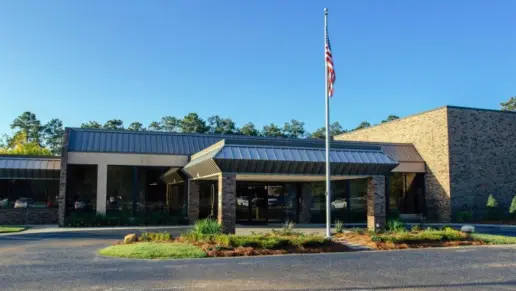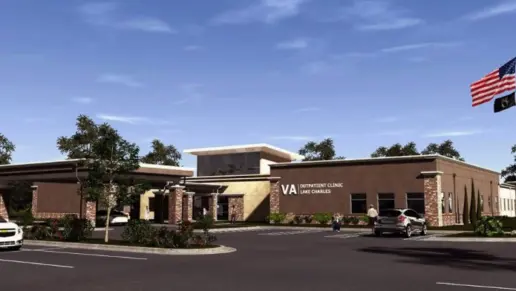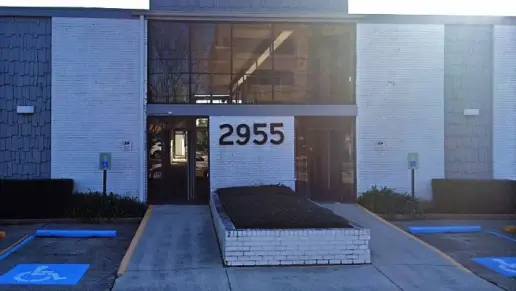The environment is ideal for recovery; you are surrounded by beautiful and unique nature and is the perfect place to find you. An incredible experience
About Edgefield Recovery Center
Edgefield Recovery Center is a drug and alcohol rehab center located in Cheneyville, LA. They provide residential addiction treatment for adults.
Addiction-related services at this facility include residential drug and alcohol treatment for adults.
Inpatient addiction treatment
Residential treatment at this 70-bed facility involves comprehensive assessment, treatment of co-occurring disorders like depression and anxiety, and medication assisted treatment for individuals who need it. Residents will also experience individual and group therapy, drug and alcohol education, nutrition counseling, relapse prevention education, anger management, co-occurring disorder groups, and relapse prevention planning. Treatment empowers individuals to explore and develop effective coping skills to navigate future issues without using drugs or alcohol.
Latest Reviews
Rehab Score
Gallery
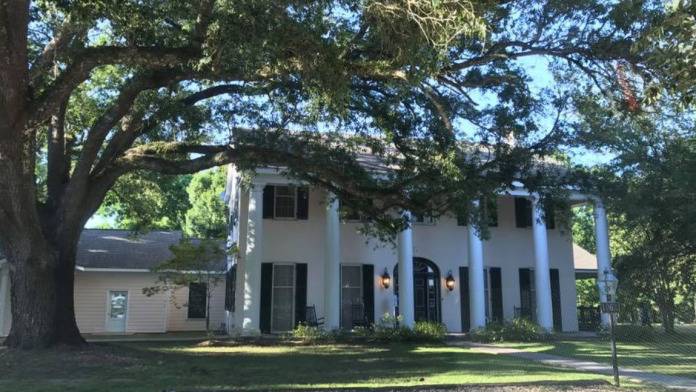
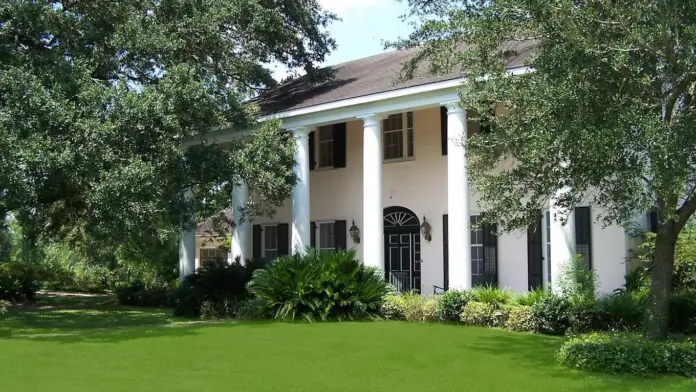

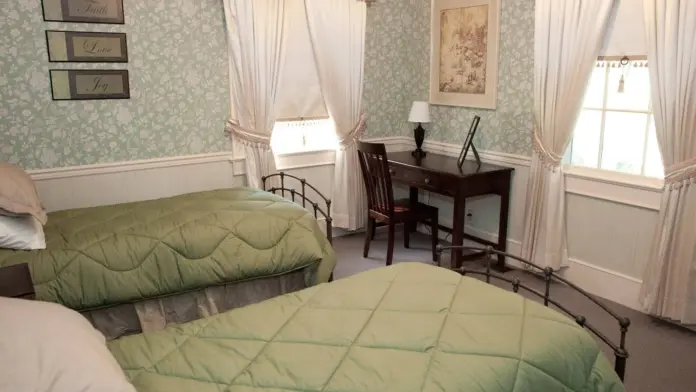

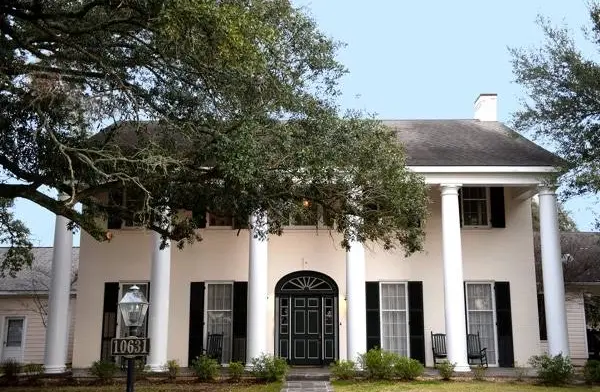
Location
Accepted Insurance

Other Forms of Payment
Private insurance refers to any kind of healthcare coverage that isn't from the state or federal government. This includes individual and family plans offered by an employer or purchased from the Insurance Marketplace. Every plan will have different requirements and out of pocket costs so be sure to get the full details before you start treatment.
Self-pay involves paying for treatment out of your own pocket. You can use savings or credit, get a personal loan, or receive help from family and friends to fund your treatment. If you don't have insurance or your insurance plan doesn't cover a specific program, self-pay can help ensure you still get the care you need.
Financial aid can take many forms. Centers may have grants or scholarships available to clients who meet eligibility requirements. Programs that receive SAMHSA grants may have financial aid available for those who need treatment as well. Grants and scholarships can help you pai for treatment without having to repay.
Medicare is a federal program that provides health insurance for those 65 and older. It also serves people under 65 with chronic and disabling health challenges. To use Medicare for addiction treatment you need to find a program that accepts Medicare and is in network with your plan. Out of pocket costs and preauthorization requirements vary, so always check with your provider.
Military members, veterans, and eligible dependents have access to specific insurance programs that help them get the care they need. TRICARE and VA insurance can help you access low cost or no cost addiction and mental health treatment. Programs that accept military insurance often have targeted treatment focused on the unique challenges military members, veterans, and their families face.
Medicaid is a state based program that helps lower-income individuals and families pay for healthcare. Medicaid covers addiction treatment so those enrolled can use their coverage to pay for rehab. When a program accepts Medicaid the client often pays very little or nothing out of their own pocket.
Addiction Treatments
Levels of Care
Treatments
The goal of treatment for alcoholism is abstinence. Those with poor social support, poor motivation, or psychiatric disorders tend to relapse within a few years of treatment. For these people, success is measured by longer periods of abstinence, reduced use of alcohol, better health, and improved social functioning. Recovery and Maintenance are usually based on 12 step programs and AA meetings.
While each drug rehab in Louisiana offers unique elements, recovery support often follows a similar pattern. Detox is followed by inpatient and/or outpatient care, then aftercare support is provided once the participant completes the initial program.
Many of those suffering from addiction also suffer from mental or emotional illnesses like schizophrenia, bipolar disorder, depression, or anxiety disorders. Rehab and other substance abuse facilities treating those with a dual diagnosis or co-occurring disorder administer psychiatric treatment to address the person’s mental health issue in addition to drug and alcohol rehabilitation. Edgefield Recovery Center offers treatment for individuals with co-occurring diagnoses such as major depression or anxiety disorders.
A combined mental health and substance abuse rehab has the staff and resources available to handle individuals with both mental health and substance abuse issues. It can be challenging to determine where a specific symptom stems from (a mental health issue or an issue related to substance abuse), so mental health and substance abuse professionals are helpful in detangling symptoms and keeping treatment on track.
Opioid rehabs specialize in supporting those recovering from opioid addiction. They treat those suffering from addiction to illegal opioids like heroin, as well as prescription drugs like oxycodone. These centers typically combine both physical as well as mental and emotional support to help stop addiction. Physical support often includes medical detox and subsequent medical support (including medication), and mental support includes in-depth therapy to address the underlying causes of addiction.
Programs




Clinical Services
Cognitive Behavioral Therapy (CBT) is a therapy modality that focuses on the relationship between one's thoughts, feelings, and behaviors. It is used to establish and allow for healthy responses to thoughts and feelings (instead of unhealthy responses, like using drugs or alcohol). CBT has been proven effective for recovering addicts of all kinds, and is used to strengthen a patient's own self-awareness and ability to self-regulate. CBT allows individuals to monitor their own emotional state, become more adept at communicating with others, and manage stress without needing to engage in substance abuse.
When you participate in dialectical behavior therapy, you'll work on recognizing distorted thinking patterns that are guiding your emotions. You'll learn how to change these patterns to eliminate unproductive reactions. This involves developing better coping mechanisms to handle stressful situations.
In group treatment, their goal is to help patients to recognize and discard their defense systems. This will enable the patient to acquire a more accurate self-image. Seeing oneself through the eyes of their peers presents the patient with an image of himself/herself that is not attainable through an introspective process. In group patients are taught to share his/her feelings and thoughts. Defenses are often broken down by the truth delivered in a loving and caring way. Most chemical dependent persons are badly out of touch with their feelings and are hard wired to avoid pain. In group, one often discovers that they are not alone.
Individual therapy helps chemically dependent individuals explore and develop effective coping mechanisms to deal with the problems associated with their alcohol and drug use. It offers an opportunity to explore how negative thought processes can fuel addictive behavior to assist the individual in identifying ways to begin to change these patterns. Individual therapy also allows further exploration of other barriers to recovery.
If you are struggling with motivation to change, motivational interviewing is designed to help. This method typically involves one or two sessions with a therapist. The technique helps you understand your motivations and empowers you to make changes to reach your goals.
Trauma therapy addresses traumatic incidents from a client's past that are likely affecting their present-day experience. Trauma is often one of the primary triggers and potential causes of addiction, and can stem from child sexual abuse, domestic violence, having a parent with a mental illness, losing one or both parents at a young age, teenage or adult sexual assault, or any number of other factors. The purpose of trauma therapy is to allow a patient to process trauma and move through and past it, with the help of trained and compassionate mental health professionals.
Couples therapy focuses on helping the couple develop skills that will improve the relationship. These include communication, conflict resolution, and anger management. Couples also identify dysfunctional behaviors and work to eliminate them.
Addiction does not just have a damaging effect upon the addict. It also severely damages other members of the addict's family. The objective of a Family Therapy Program is to mutually heal the chemically dependent person as well as the members of the family. The program educates the family on the causes and the effects of addiction. It also provides the family members with coping mechanisms in dealing with their addict and with suggestion in how they can lead a better, contented life themselves.
When choosing a type of nicotine replacement therapy (NRT), consider which would be the best fit for your tobacco use and lifestyle. Do you experience intense cravings? Do you need convenience? Something to keep your hands busy? Use these questions to choose between various NRT options, such as nicotine gum or patches.
Amenities
-
Residential Setting
-
Private Rooms
Staff & Accreditations
Staff

Chief Executive Officer

Chief Financial Officer

Medical Director Addictionologis

Administrator
Accreditations

State Licenses are permits issued by government agencies that allow rehab organizations to conduct business legally within a certain geographical area. Typically, the kind of program a rehab facility offers, along with its physical location, determines which licenses are required to operate legally.
State License: Louisiana

The Joint Commission, formerly known as JCAHO, is a nonprofit organization that accredits rehab organizations and programs. Founded in 1951, the Joint Commision's mission is to improve the quality of patient care and demonstrating the quality of patient care.
Joint Commission Accreditation: Yes
Contact Information
10627 Highway 71
Cheneyville, LA 71325







